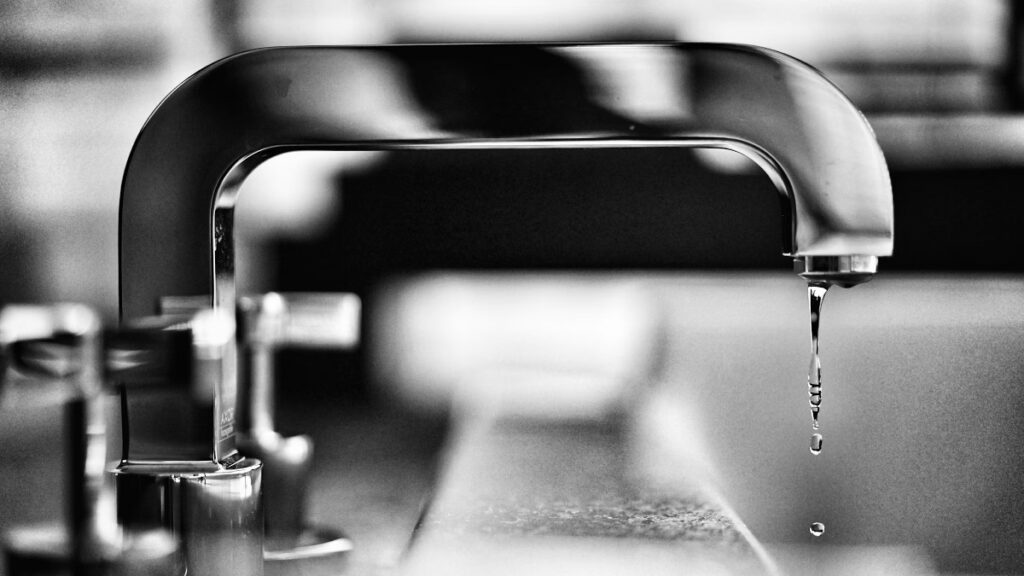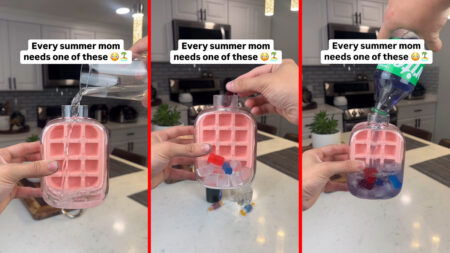You might not realize it, but your nose is actually a major weak point in your body. It’s generally not a good idea to let anything questionable get up there, since it acts as a fairly direct pathway to your brain. A recent incident made it painfully clear why you should be extra cautious before messing around with the inside of your nose. A 71-year-old woman suddenly became very ill, experiencing fever, headaches, and confusion. The cause of her sickness turned out to be something truly terrifying: a brain-eating amoeba. Its official name is Naegleria fowleri. Now, you might be wondering how she got infected with something so horrifying. The answer? The Texas woman rinsed her nose using tap water from her RV’s water system.
Before you brush it off as a freak accident, keep in mind that her RV was also connected to municipal water supplies. After her symptoms began, it took only eight days for her to pass away. Medical tests confirmed that a brain-eating amoeba was the culprit.
Concerned about the case, officials sent investigators to inspect her RV and the campsite. While no brain-eating amoeba was found in the water samples they collected, the disinfectant levels in the campsite’s water supply were found to be lower than the recommended standards.
Unfortunately, the team couldn’t determine whether the infection came from the RV’s internal tank or from the municipal water hookup. Still, this incident in Texas serves as a grim reminder that you should be very cautious if you ever decide to do a nasal rinse.
Many people are understandably concerned after hearing the frightening news about the brain-eating amoeba. On Reddit, some users began reminding others of the importance of using clean, safe water or even distilled water for nasal cleansing. One commenter wrote, “I see this story at least once a year. It’s usually tap water or well water plus a neti pot they use to clean their sinuses. At least boil it first, or buy distilled water, etc.”
One Redditor remarked that the municipal water system not meeting the minimum standards set by the Texas Commission on Environmental Quality is very concerning. Others pointed out that this is something we need public service announcements for. They emphasized that unless water is specifically labeled as sterile, it should not go up your nose. Most of the water we drink is safe for consumption, but that doesn’t mean it’s safe to flush through your sinuses.








